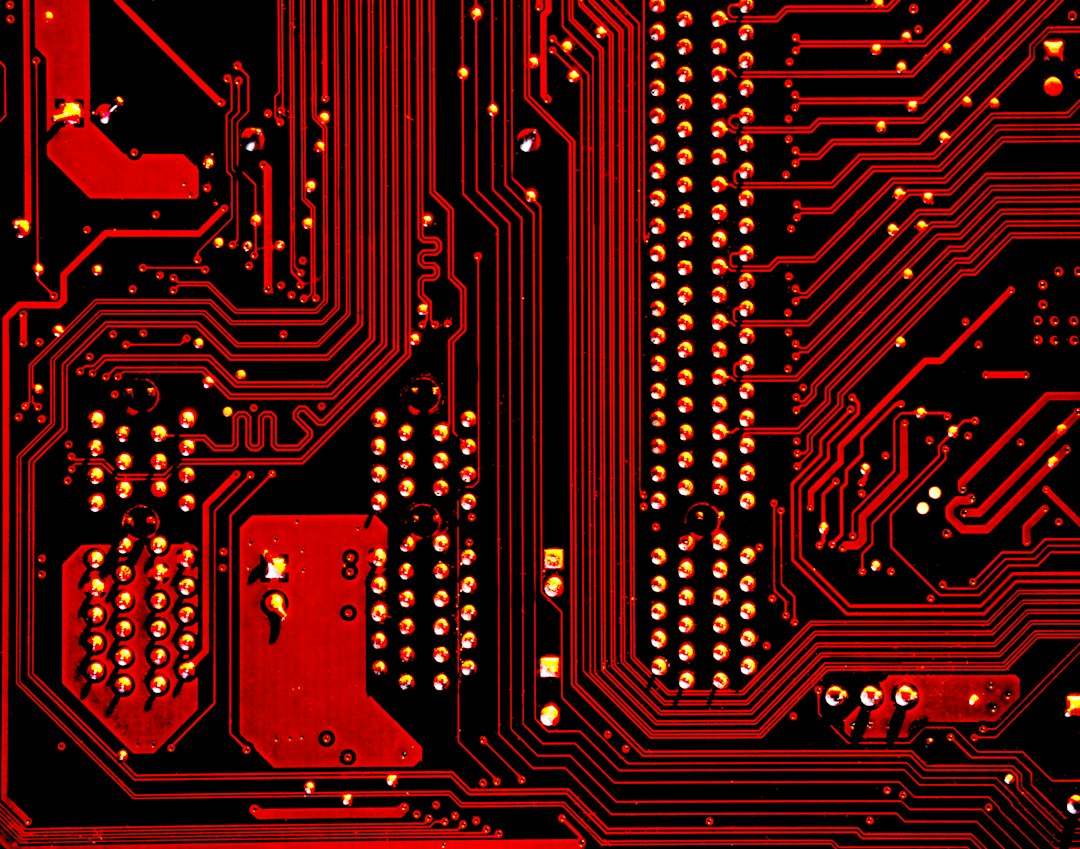Industry-Specific Challenges in Manufacturing: Aerospace, Automotive, etc.
The manufacturing industry plays a vital role in the global economy, and it encompasses various sectors such as aerospace, automotive, electronics, and more. While manufacturing companies face several challenges, each industry has its own set of unique and industry-specific obstacles. This blog post explores some of the challenges faced by the aerospace, automotive, and other related industries in manufacturing.
Aerospace Manufacturing Challenges:
1. Stringent Safety Regulations: The aerospace industry operates in a highly regulated environment due to the critical nature of its products. Manufacturers must comply with numerous safety regulations imposed by global aviation authorities. These regulations often involve design certifications, quality control checks, and rigorous testing procedures, which can be time-consuming and costly.
2. Complex Supply Chain Management: Aerospace manufacturing relies on a vast and intricate supply chain. Ensuring the availability of raw materials, components, and subsystems from various suppliers across the globe can be challenging. Manufacturers must manage suppliers efficiently and monitor their performance to prevent any delays or disruptions that can have serious consequences for production schedules.
3. Continuous Technological Advancements: Innovation and technological advancement are key drivers in the aerospace industry. Manufacturers must stay up-to-date with the latest technologies to remain competitive. However, the rapid pace of technological advancements means that companies need to continuously invest in research and development, equipment upgrades, and employee training.
Automotive Manufacturing Challenges:
1. Evolving Consumer Demands: The automotive industry faces ever-changing consumer demands and market trends. Consumers now prioritize features such as environmental sustainability, fuel efficiency, connectivity, and advanced safety systems. Manufacturers must adapt their production processes and invest in new technologies to meet these demands, which can be challenging due to the long life cycle of automotive products.
2. Global Competition: The automotive industry is highly competitive, with manufacturers operating on a global scale. Companies must not only compete on price but also on quality, innovation, and customer service. This competitive landscape requires manufacturers to constantly strive for improvement and efficiency in their manufacturing processes, while offering value-added products to the market.
3. Volatile Supply Chain: The automotive industry heavily relies on numerous suppliers across the world to deliver components and parts. Disruptions in supply chains, whether caused by natural disasters, geopolitical tensions, or economic factors, can severely impact production schedules. Manufacturers must ensure supply chain resilience by developing backup plans, establishing strong supplier relationships, and exploring local sourcing options.
Other Industry-Specific Challenges:
Apart from aerospace and automotive, other manufacturing industries also face their own set of challenges. For example:
1. Electronics Manufacturing: Rapid product lifecycles, component miniaturization, and stringent quality requirements make electronics manufacturing complex. Manufacturers need to invest in automated assembly processes, adopt industry standards, and manage global supply chains effectively.
2. Pharmaceutical Manufacturing: Pharmaceutical manufacturers must strictly adhere to regulations and standards imposed by regulatory authorities. They face challenges such as stringent quality control, serialization and traceability requirements, and maintaining a high level of product integrity during transportation and storage.
3. Consumer Goods Manufacturing: Consumer goods manufacturers operate in highly competitive markets with rapid changes in consumer preferences. They must constantly innovate, reduce time to market, and optimize production processes to meet varying demand while maintaining high product quality.
In conclusion, industry-specific challenges in manufacturing are multifaceted and require manufacturers to adapt and innovate continually. Whether in the aerospace, automotive, electronics, pharmaceutical, or consumer goods industries, manufacturers must navigate safety regulations, supply chain complexities, market trends, and technological advancements to remain competitive and meet consumer demands. Overcoming these challenges requires a combination of strategic planning, investments in research and development, robust supply chain management, and a commitment to quality and customer satisfaction.

